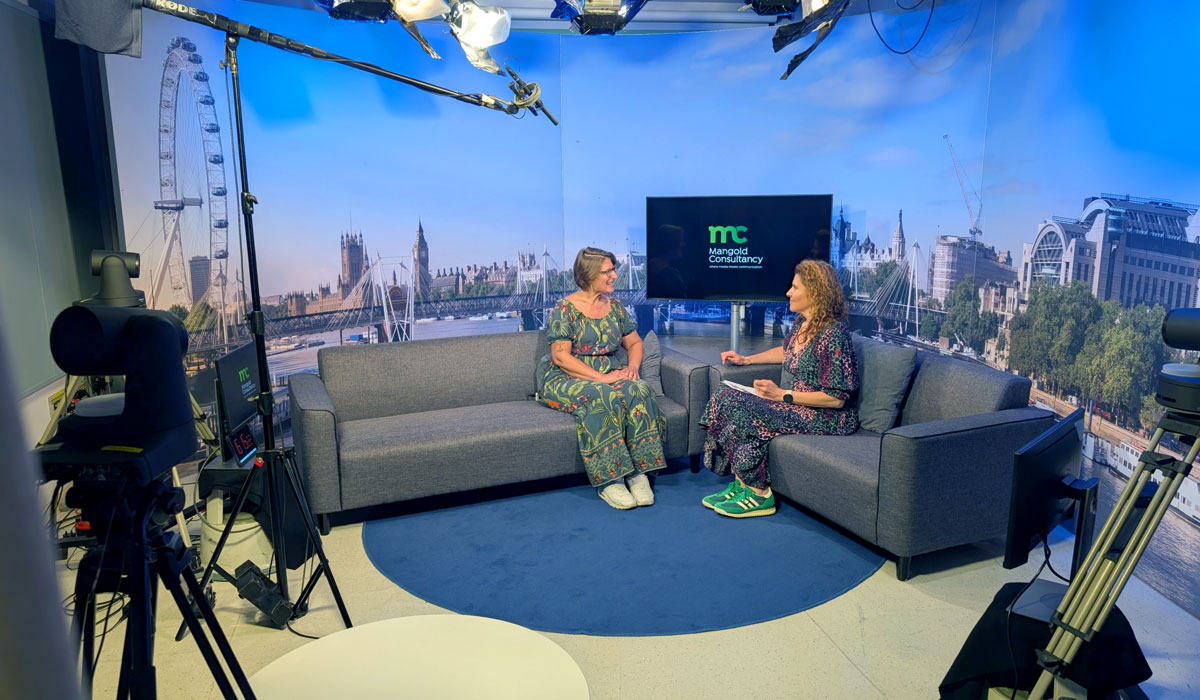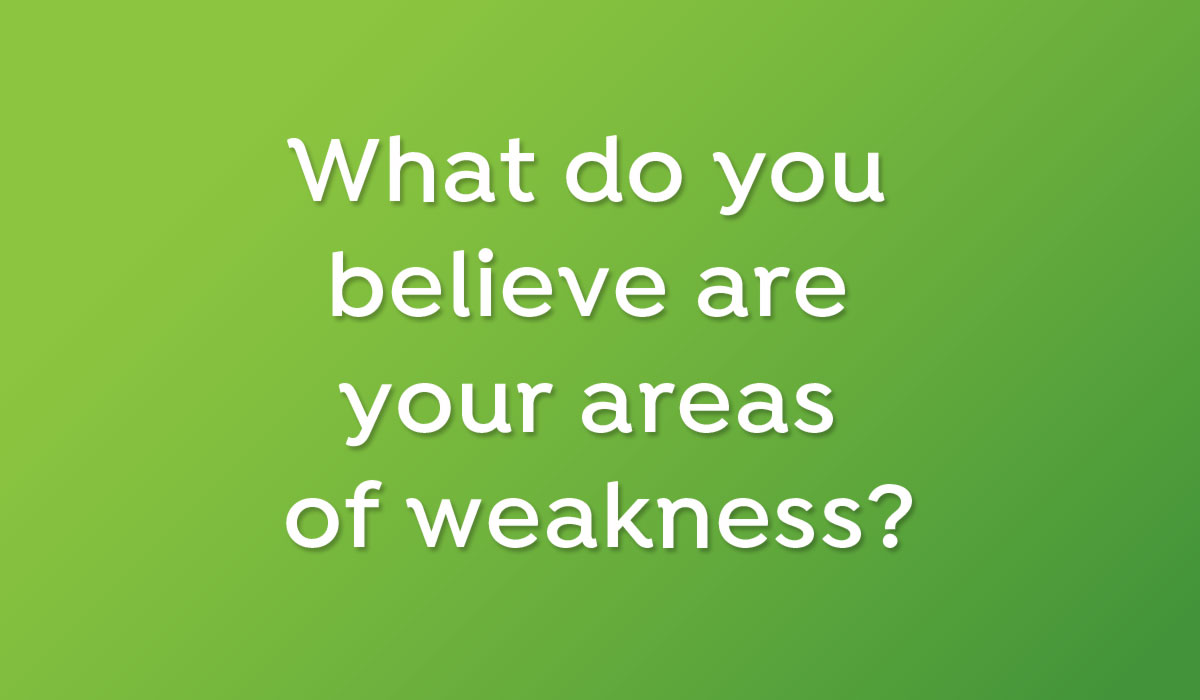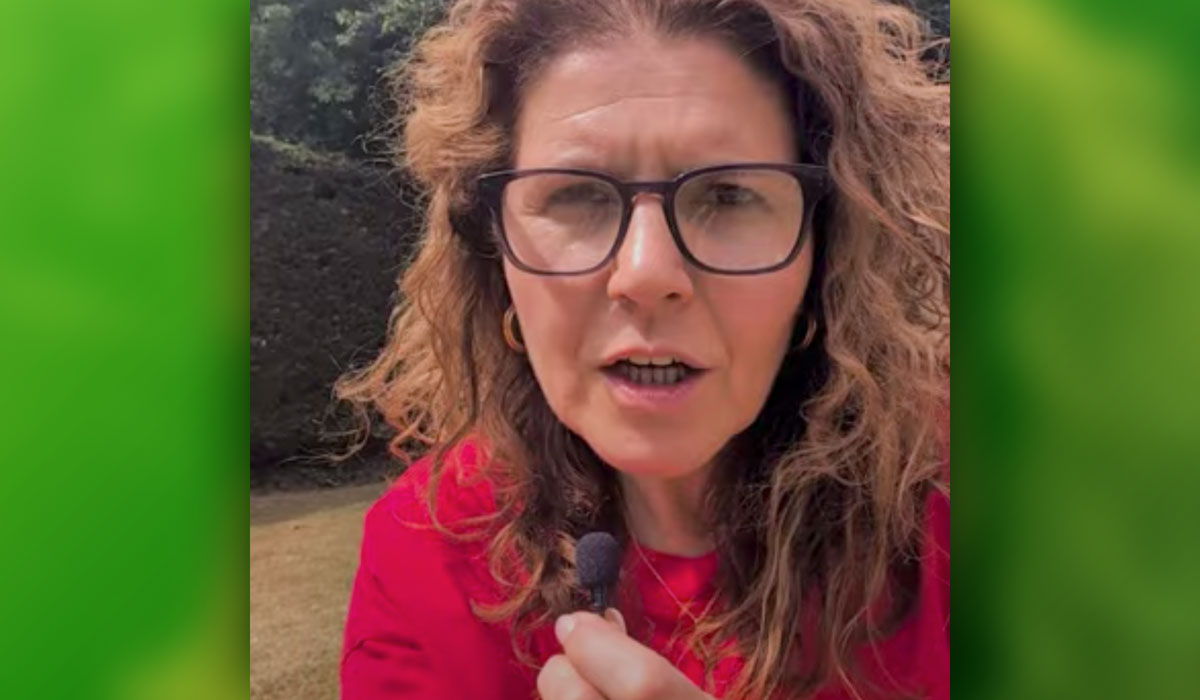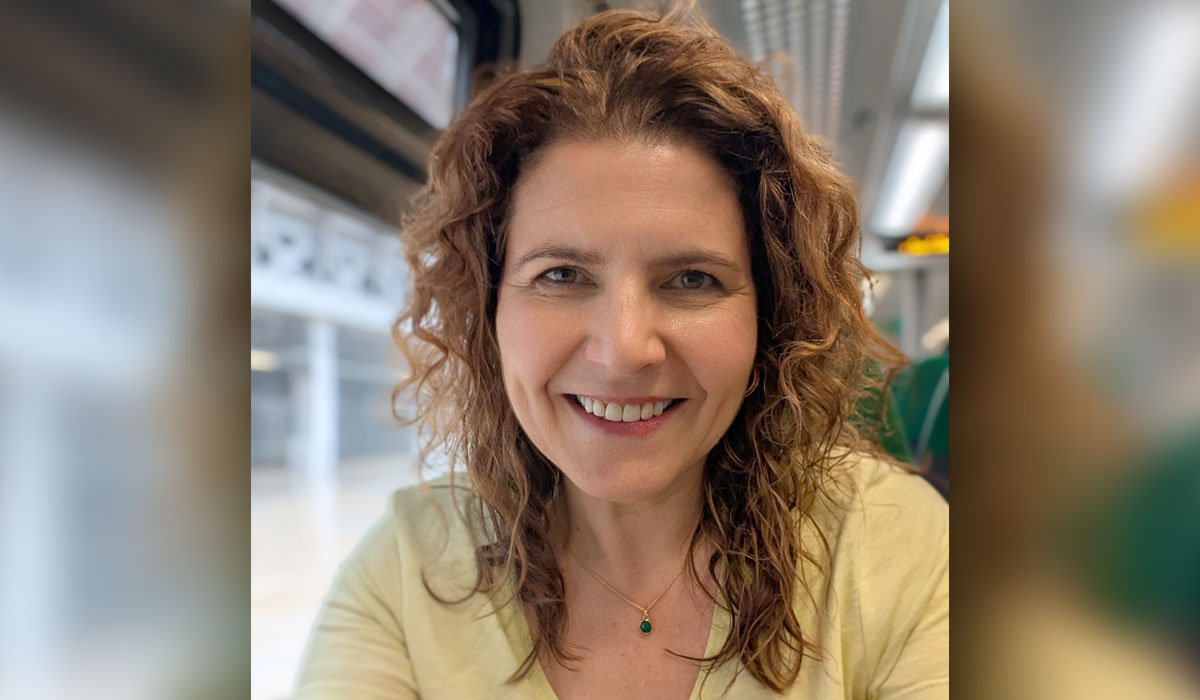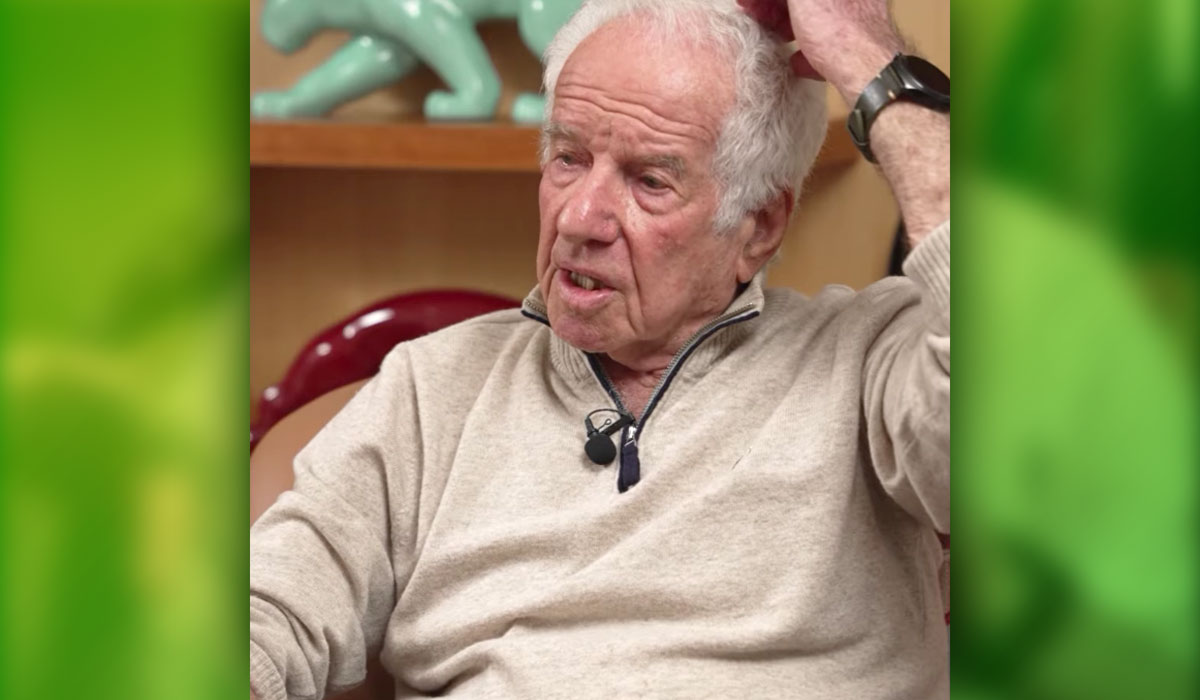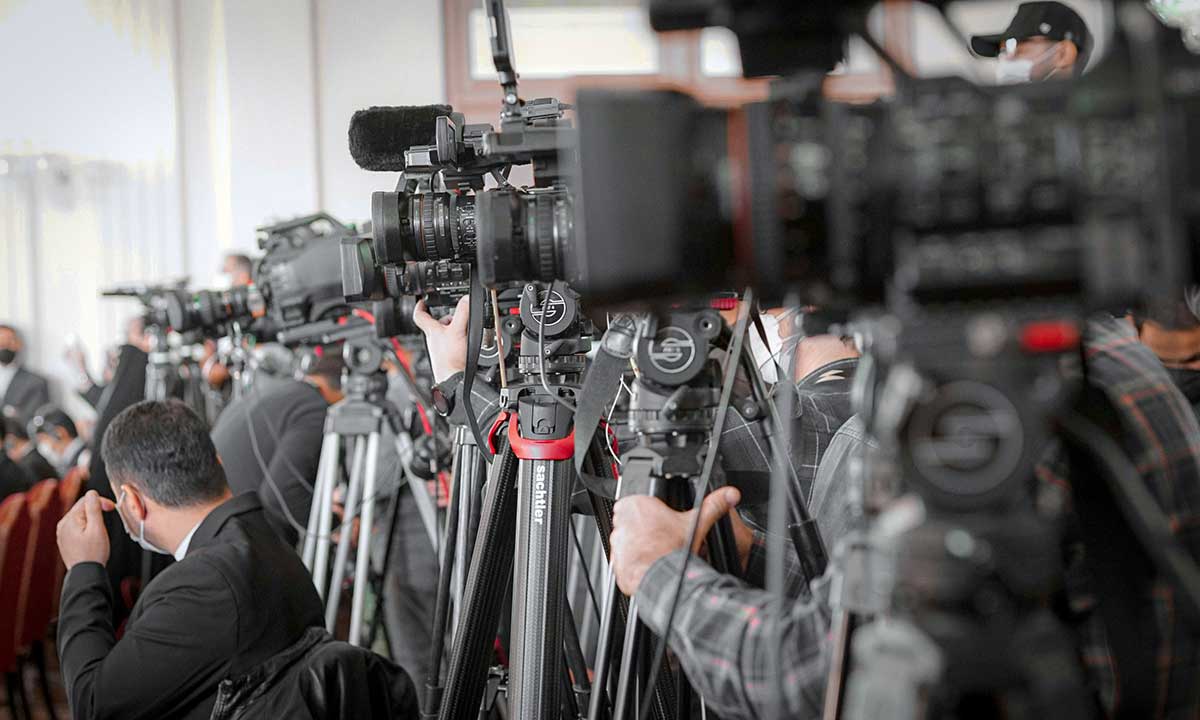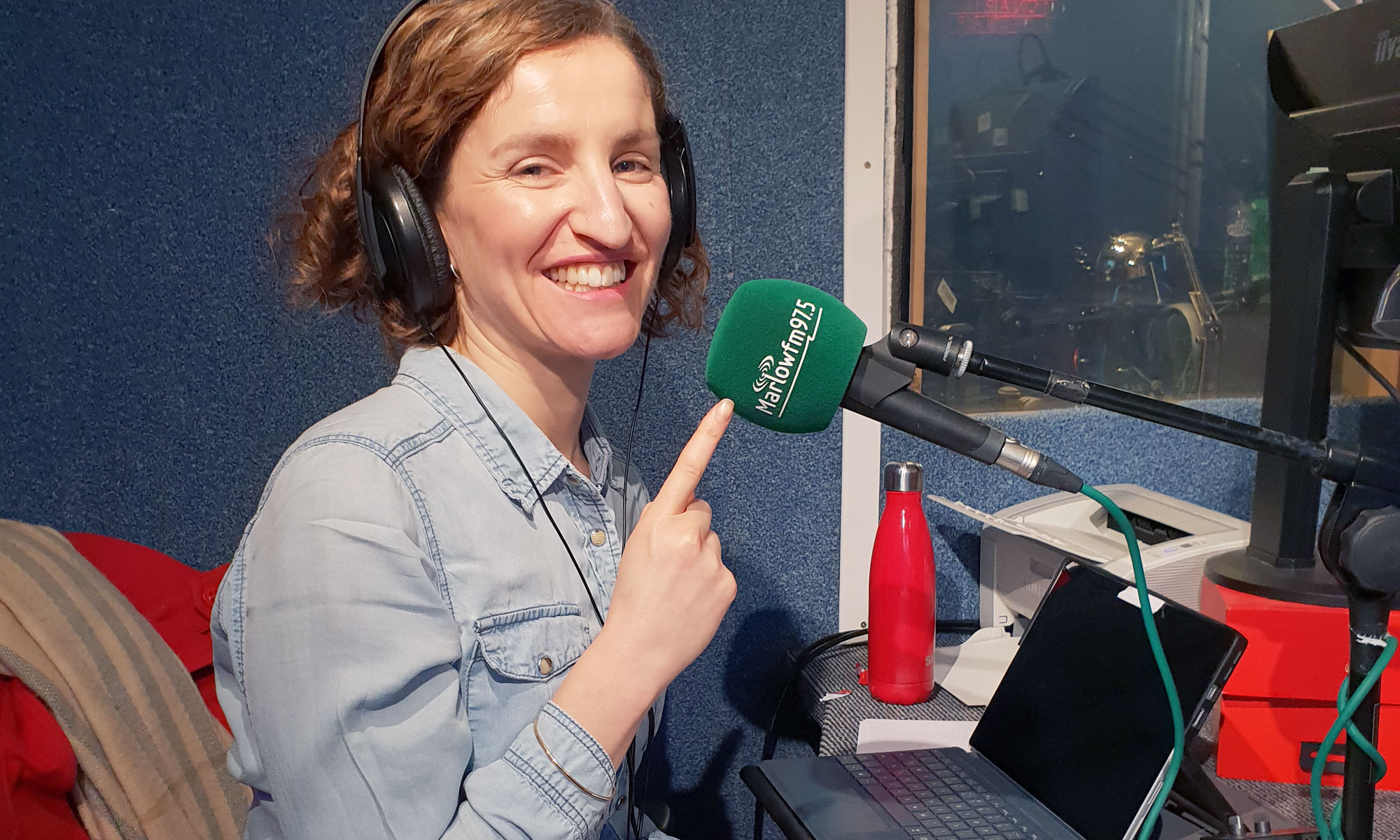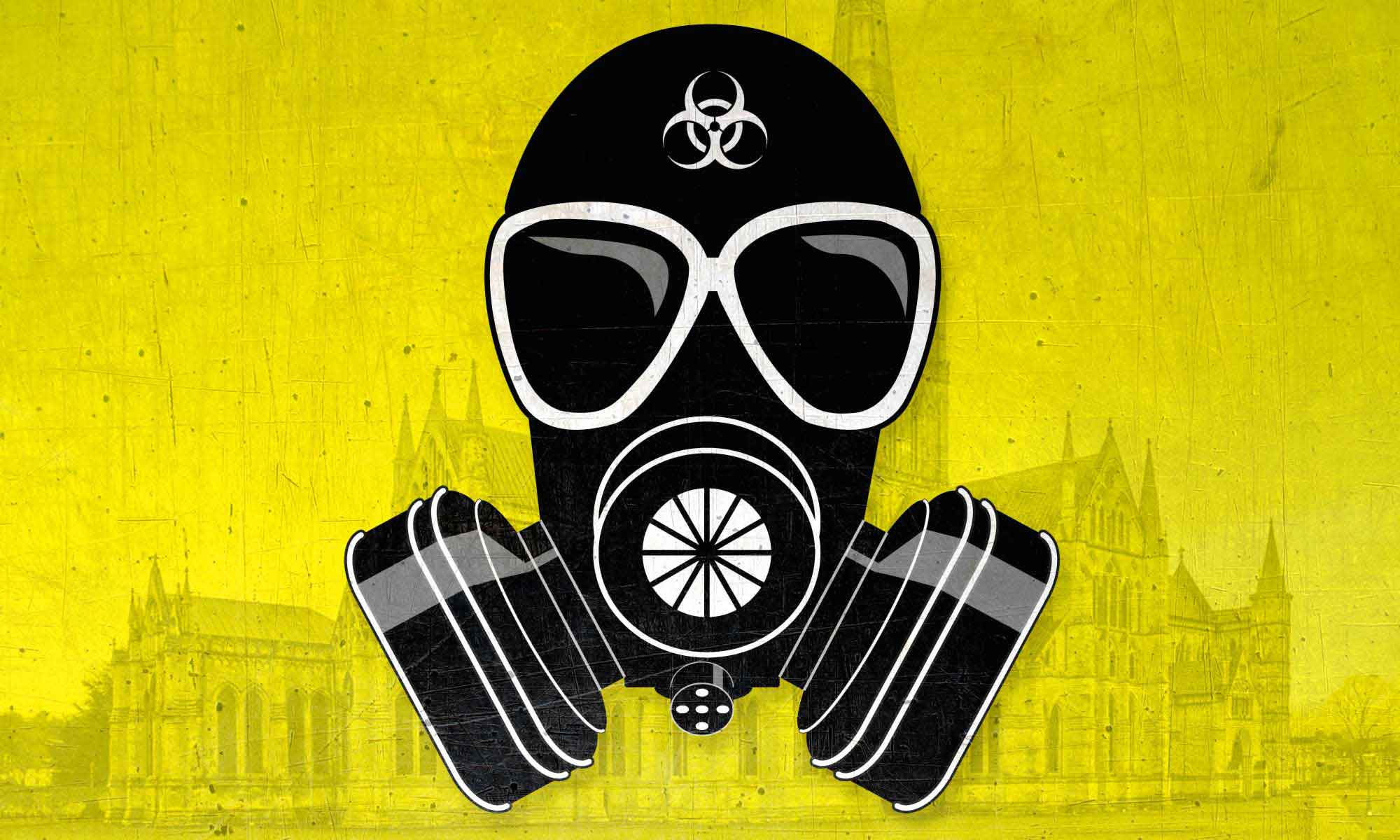This is D, one of my oldest school friends.
When she approached me a few weeks ago to media train her I had to give it some thought.
Would I be able to separate our long friendship and deliver the training she needed as a business owner and expert? Would we end up wasting too much time gossiping and discussing our old raving days (please note the trainers)!
It was a no-brainer, as a successful Mum and business owner, just like me, I knew I owed it to her to treat her just like any other client.
She was the model participant, she listened, took the advice and feedback, handled some very nasty questions and came out the other end having massively improved AND with a smile on her face, as did I.
I love working at the ctn group studio in Central London, you could not find a more accommodating, welcoming, realistic and private location for media training.


